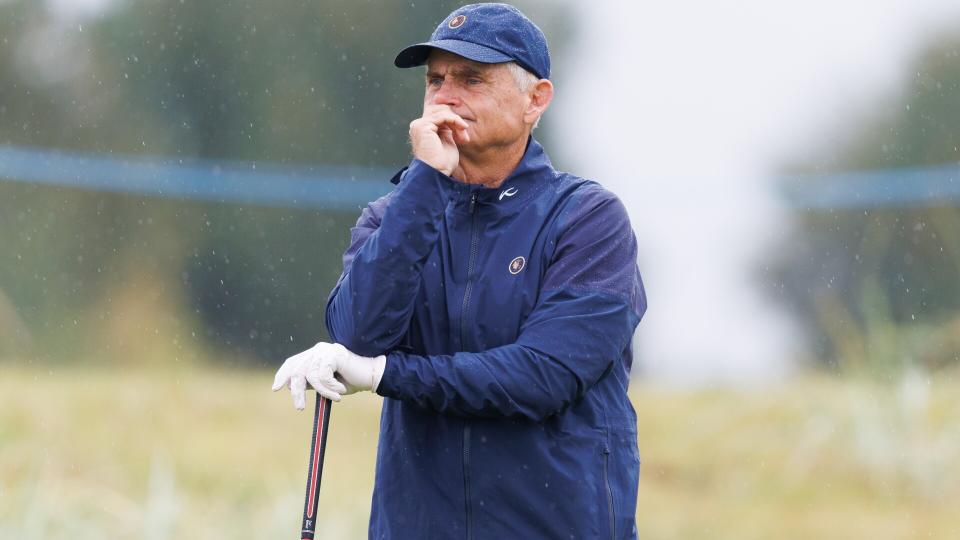Jimmy Dunne resigns from PGA Tour policy board: 'My role is utterly superfluous'

One of the architects of the June 6 framework agreement that ended years of bitter litigation and opened the door for the PGA Tour and Saudi Arabia’s Public Investment Fund to potentially unify the game has stepped down from the circuit’s policy board.
Jimmy Dunne informed the board Monday that he was “resigning effective immediately,” as first reported by Sports Illustrated. The reasoning behind his abrupt resignation is the slow pace of negotiations between the Tour and PIF.
“Since the players now outnumber the independent directors on the board and no meaningful progress has been made towards a transaction with the PIF I feel like my vote and my role is utterly superfluous,” Dunne wrote in his resignation letter obtained by SI.
In a memo sent to players late Tuesday, Tour commissioner Jay Monahan countered Dunne’s claim of stalled negotiations, writing, “With an active, focused and engaged ‘transaction subcommittee,’ we continue to make meaningful progress behind the scenes in our negotiations toward a potential agreement with the PIF.”
In March, the Tour named a board of directors for PGA Tour Enterprises, the for-profit arm that was created in the wake of the June 6 agreement and set the stage for outside investment.
That board includes the six player directors – Tiger Woods, Patrick Cantlay, Peter Malnati, Adam Scott, Jordan Spieth and Webb Simpson – as well as a liaison director, former Tour player Joe Ogilvie, and six independent directors. Neither Dunne nor policy board chairman Ed Herlihy were appointed to the new Enterprises board, which will ultimately decide if there will be a deal with PIF.
“Unifying professional golf is paramount to restoring fan interest and repairing wounds left from a fractured game,” Dunne wrote in his one-page letter. “I have tried my best to move all minds in that direction.”
Dunne also addressed the palace intrigue of a potential divide among the board members and what appear to be fundamental differences over the future of professional golf. “It is crucial for the board to avoid letting yesterday’s differences interfere with today’s decisions, especially when they influence future opportunities for the Tour,” he wrote.
Last week, Rory McIlroy was not voted back onto the board when Simpson expressed interest in stepping down and suggested the Northern Irishman should take his place. Instead, McIlroy – who, like Dunne, has become an outspoken proponent of a deal with PIF – was appointed to the “transaction subcommittee,” which was formed to handle the day-to-day negotiations as PIF seeks to become a minority investor.
When asked why he wasn’t reinstalled onto the board, McIlroy said the vote “got pretty complicated and pretty messy” and a day later he was asked if his relationship with Woods has been strained because of the politics of a potential deal with PIF.
“I think friends can have disagreements. I think that's fine,” McIlroy said. “[He and Woods] had a really good talk last Friday for 45 minutes just about a lot of different things. No, there's no strain there. I think we might see the future of golf a little bit differently, but I don't think that should place any strain on a relationship or on a friendship.”

